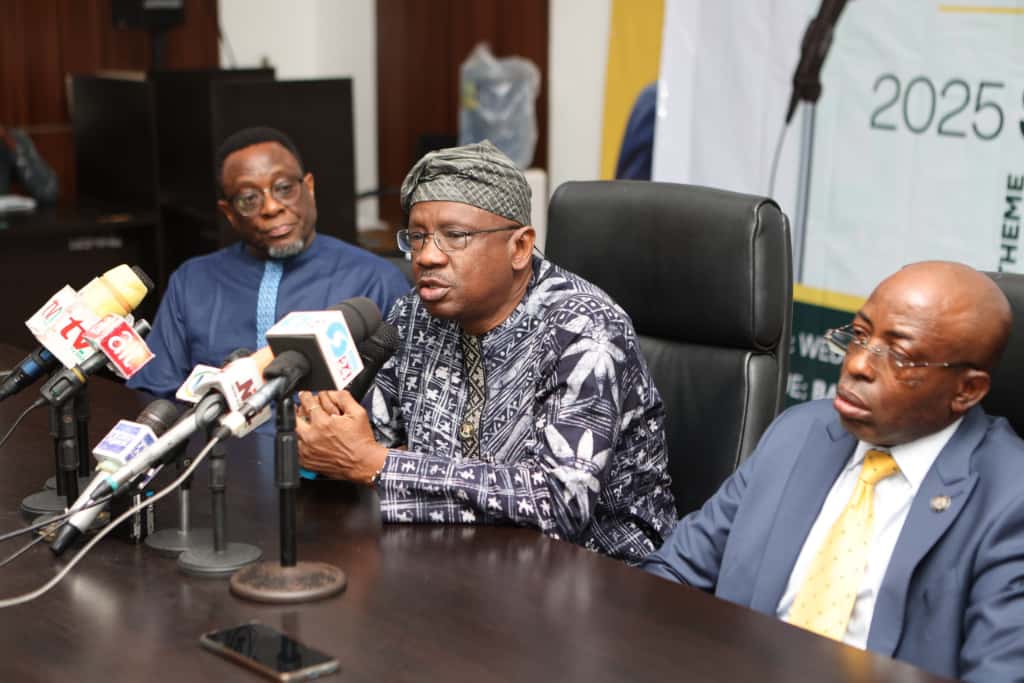Lagos, Nigeria – The Lagos State Government has expressed concern over a sharp decline in building permit applications, warning that thousands of structures without approvals risk demolition.
Speaking at a press briefing in Alausa, Ikeja, on Wednesday, the Commissioner for Physical Planning and Urban Development, Dr. Olumide Oluyinka, revealed that the state currently faces an annual shortfall of about 22,000 planning permits.
According to him, Lagos recorded just 12,000 approvals in 2024, whereas the state’s rapid population growth and expansion demand between 40,000 and 45,000 permits annually.
“Any structure without approval from the state government is at risk of being demolished,” Oluyinka warned.
He explained that the state government is using a week-long stakeholders’ engagement, which ends Friday, September 26, 2025, to address the challenge. The sessions have involved children, professionals in the built environment—including town planners, architects, engineers, builders, surveyors, and estate developers—as well as community members.
Oluyinka stressed that many residents, including traders and those in rural areas, remain unaware of the importance of obtaining planning permits. He likened the process to registering a child at birth, saying:
“Just like a child is given a birth certificate, a building must have a planning permit. It enables proper documentation, promotes orderliness, and allows the government to keep accurate records for physical development.”
The Commissioner highlighted that building permits also serve critical functions such as:
-
Ensuring compliance with laws governing urban development.
-
Facilitating future expansion projects like new roads or infrastructure.
-
Serving as legal documentation for landed property, which can be used as collateral for loans.
Oluyinka added that Governor Babajide Sanwo-Olu’s administration is committed to grassroots sensitization, noting that awareness campaigns will be expanded to local communities to educate the public on the value of permits.
The government’s renewed emphasis comes amid a series of building collapses in Lagos, which have raised concerns about non-compliance, illegal structures, and weak enforcement of urban planning regulations.




